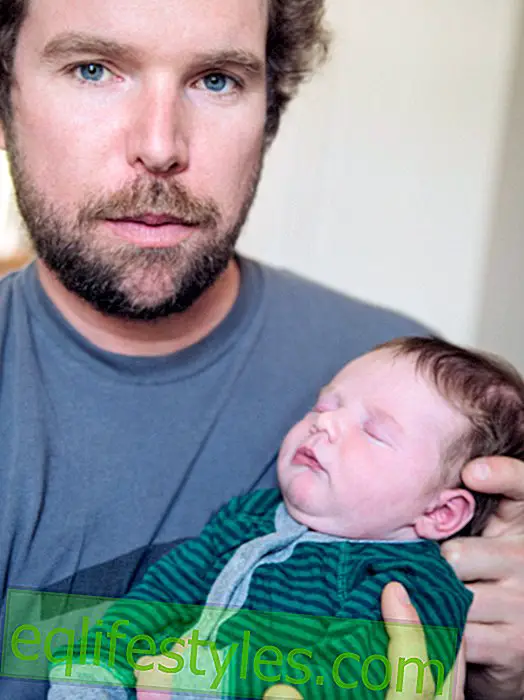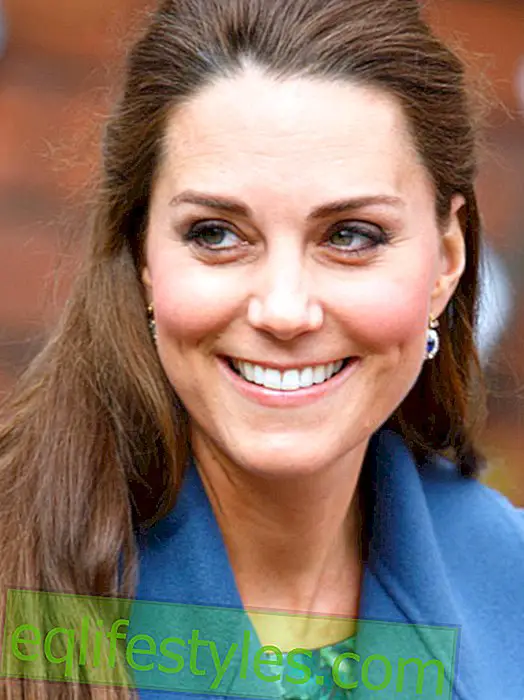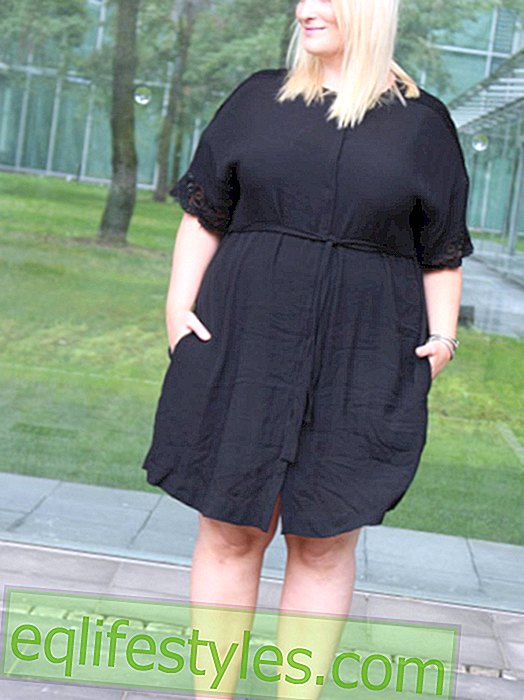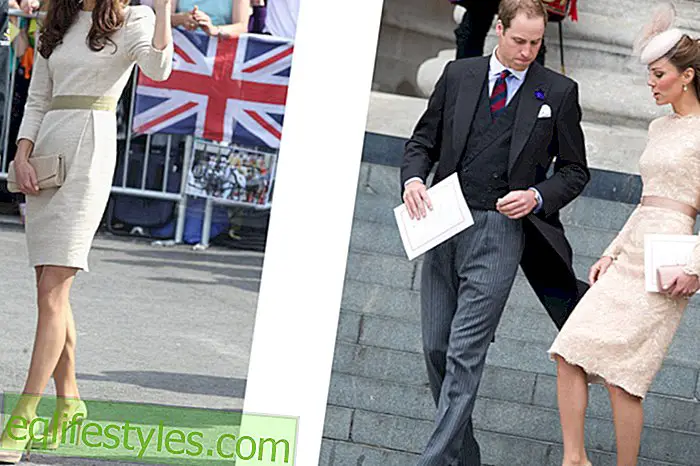Whether now, later - or never. We bring you the latest medical facts on what a baby can do to change everything

- PRO: Yes, we want a baby! Because...
- OBWOHL: Having children can also bring a few disadvantages - but you can do something about that.
- CONTRA: Even if you do not want or can not have a baby, there are some advantages.
- Changed figure - does not have to be
Baby belly, yes or no? The consequences are sweet - and far-reaching. Not only because a child turns life completely upside down. The health of the mother is also influenced by the birth. And what about women who do not want a baby? We have an up-to-date overview which, from a purely medical point of view, highlights the advantages and disadvantages of having children.
PRO: Yes, we want a baby! Because...
Long life
Women with children reach a higher age. Researchers at the Hammersmith Hospital (London) have found that even years after birth stem cells from the baby are in the mother's spinal cord and bloodstream. This is probably one reason why women live longer than men.
Lower risk of cancer
"Those who breastfeed their baby for six months reduce ovarian and uterine cancer risk by 30 percent and breast cancer risk by 50 percent, " explains Prof. Dr. med. Frank Louwen (University Hospital Frankfurt). Reason: In pregnancy and lactation, the ovaries are immobilized, estrogen and gestagen values remain constant. So there are no hormone fluctuations that can promote cancer.
Strong bones
A study by the Kaiser Permanent's Center for Health Research (USA) shows that childless women are 44 percent more likely to have a hip fracture in older age groups. In addition, every additional child lowers the risk by a further nine percent. The reasons for this are still unknown.
Protection against diabetes
A study in the American Medical Journal showed that mothers who have breastfed two children each over one year, 30 percent less likely to develop type 2 diabetes. This effect lasts up to 15 years.
Less allergies
The more children a woman receives, the less she suffers from allergic rhinitis or conjunctivitis, noted an Italian-Spanish research team. Possible cause could be that during pregnancy more anti-inflammatory substances are formed.
Nerves of wire
Researchers at McGill University (Canada) found out: Nursing mothers can handle stress better than moms who bottle it to their children. After all, mothers who breastfeed have lower levels of the stress hormone cortisol - they are more relaxed.
More pain tolerance
"A birth adjusts the sensation of pain, " says the physiologist dr. Richard Godfrey (Brunel University / England). Having survived labor and childbirth, pain can endure much better afterwards.
OBWOHL: Having children can also bring a few disadvantages - but you can do something about that.
Weak bubble
Whether a woman gets blistering problems after childbirth depends on how hard she was taken from birth - and if she is physically active. Prof. Dr. Louwen has found that women with children usually move and increase less. These are factors that favor bladder weakness. But just sports can strengthen the pelvic floor and prevent bladder weakness.
Cloudy mood
One to five days after the birth of the baby use so-called "howling days": the hormone balance is upside down, failure fears and feelings of overwhelming bring this low. Of this, almost no women is spared. "In rare cases it comes to a postpartum depression, which must be treated, " said Prof. Dr. med. Louwen.
Sexpause
"In most cases, having a baby does not affect your sex life, " says Dr. Eva-Maria Lochmüller (LMU Munich). But if the pelvic floor muscles are damaged, targeted fitness exercises help in an emergency surgery.
sleep disorders
Getting up at night can weaken the immune system. Tip: Treat yourself to time-out now and again to refill the tanks!
CONTRA: Even if you do not want or can not have a baby, there are some advantages.
Clear mind
Women without children in mental health are often fitter than mothers of the same age, according to a study by the Journal of Neuropsychiatry and Clinical Neurosciences (USA). Researchers suspect: The longer estrogen secretion has a positive effect on the memory.
Better shape
A study by the University of Alabama-Birmingham (USA) shows that after birth, women keep about 2.3 to 3.6 kilos extra on their hips. There is hardly any time left for sports with a baby, according to Prof. Suzanne Trupin (University of Illinois).
Fit & fidel
The general condition is better. This is proven by a study by Prof. Angelo Alonzo (Ohio State University / USA). 81 percent of childless women are therefore in very good to good shape, whereas only 68 percent of women with children. Reason: Stress and responsibility hit the mind.
More contacts
Even without children, you do not have to be lonely in old age. A study by the University of Florida shows that people without children strengthen their friendships, social relationships in the workplace or seek contact with the younger generation. Psychologists from the Universities of Jena and Freiburg / Breisgau found that childless couples find fulfillment especially in common hobbies and companies.
happiness
According to a survey by the Federal Association of German Banks, childless couples on average value themselves happier and more optimistic than parents. However, the older the children become, the happier the parents feel.
Changed figure - does not have to be
Scientists from St. Louis University (USA) found that only 16% of pregnant women do enough exercise. The movement has many advantages: Postural damage, varicose veins and thromboses can be avoided, the weight can be controlled. Those who exercise regularly one year before pregnancy also reduce the risk of pregnancy-related diabetes by up to 50%.
Ideal sport for pregnant women
Choose disciplines that are equally weighty like swimming, running, cycling, walking, aerobics or moderate strength exercises. Training in the water is particularly gentle on the back and joints.
Optimal load
Beginners should be active 15 times a week for 15 minutes, trained women like to work five times for half an hour each.
Expert: Prof. Dr. med. Frank Louwen, Head of Obstetrics and Prenatal Medicine at the University Hospital Frankfurt am Main









